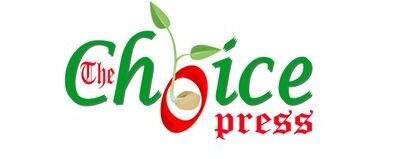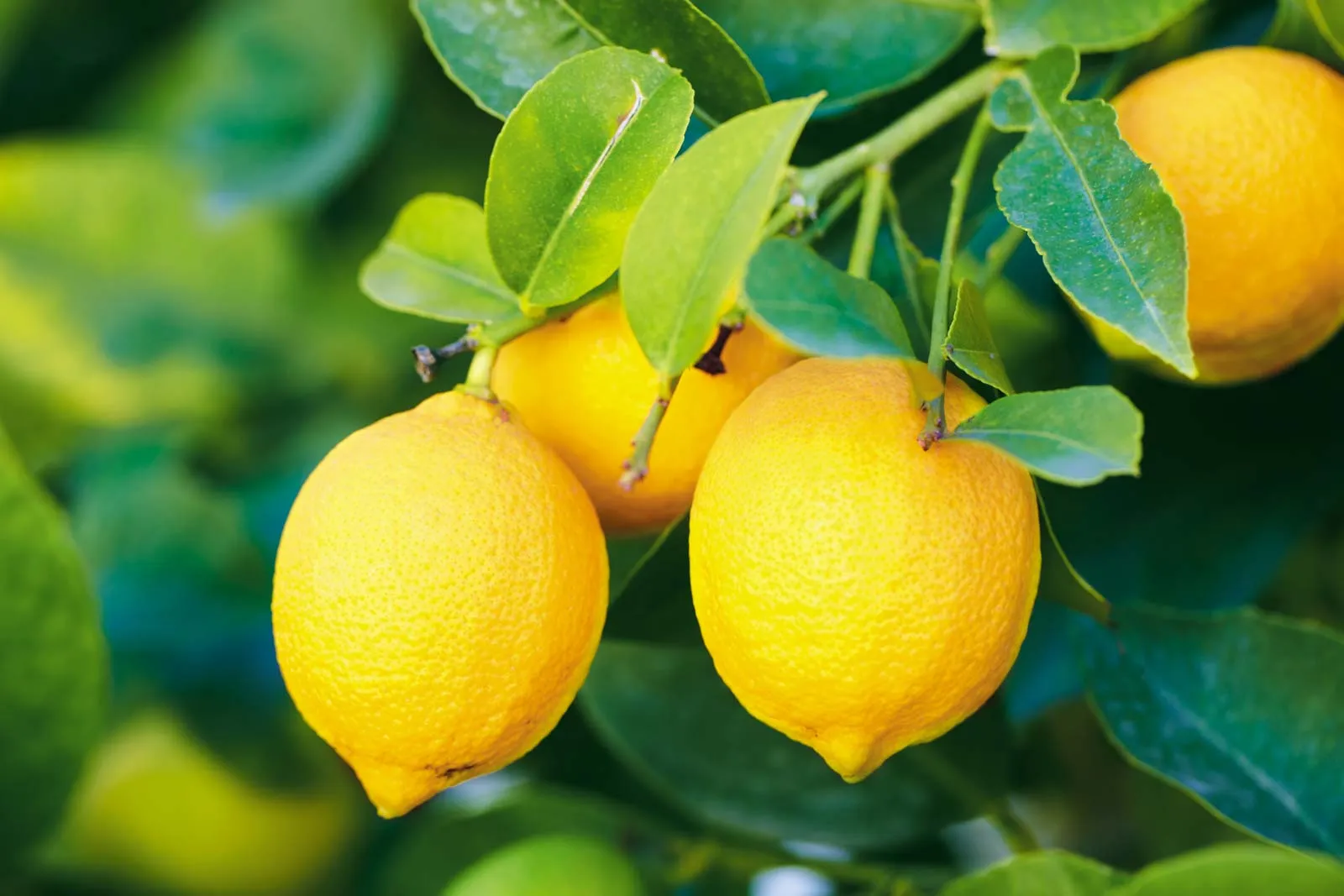For years, society has had to deal with a phenomenon called gender-based violence (GBV) and the consequences of it are devastating and can have life-long repercussions for survivors.
Gender-based violence is deeply rooted in gender inequality and continues to be one of the most notable human rights violations within all societies.
Gender-based violence is violence directed against a person because of their gender. Both women and men experience gender-based violence but the majority of victims are women and girls.
This human rights and a life-threatening health and protection issue cut across many sectors of the economy including agriculture.
For many agricultural and market systems development (MSD) implementers, gender-based violence remains a problem to be tackled by gender experts.
In projects without a gender component, it may not be on the radar at all. Often, GBV is viewed as a cultural or domestic issue that may be common in the communities that MSD and agriculture projects work in, but not within the purview of their activities and targets.
They’re also considered too complex to tackle. Project staff may come to realize, though, that when project activities challenge a community or household power dynamics, beneficiaries may be affected by violence, derailing project outcomes and possibly causing more harm than good.
Read also Businessman caught trying to travel out with N36 million belonging to investors [Video]
But how can market systems development and agriculture programmes take action on gender-based violence?
To proactively tackle this challenge and give MSD and agriculture experts the hands-on resources they need to understand GBV and what to do about it, the Feed the Future Advancing Women’s Empowerment Programme (AWE) has developed a practitioners’ toolkit on GBV tailored for the structure, needs, and priorities of agricultural and market systems development projects.
For the past five months, Agrilinks has been piloting this toolkit with the Feed the Future Uganda Inclusive Agricultural Markets Activity, an MSD project with a strong mandate to reach women and marginalized groups.
Read also Husbands start royal rumble fight with sticks, wives and children jump in [Video]
Through training sessions, workshops, discussions, and surveys, they are seeing some important lessons emerge:
Gender-based violence as an economic development issue
The connection to economic goals is eye-opening. Although GBV is a common and well-known problem, it is not generally seen as an economic development issue.
Understanding that GBV can actually undermine project results, as women struggle to engage in economic activity or as economic gains lead to violent repercussions, is crucial for MSD and agriculture practitioners to see how this affects their work.
Women leave jobs and abandon entrepreneurship activities due to the threat of GBV, reducing economic growth and productivity.
Defining commonly known dynamics ― such as bullying at work, harassment in public, or husbands preventing their wives from accessing income ― as economic and emotional violence can also mean these issues are taken more seriously.
Read also: Africa will outperform the world in economic growth, AfDB projects
The business case for tackling GBV is central. Since MSD and agriculture programmes tend to work primarily through partnerships with the private sector, the most important avenue for making GBV relevant for businesses’ day-to-day work is helping programmes demonstrate the business case to those partners.
Organizations such as the International Finance Corporation, the International Labour Organization, and many global non-governmental organizations have documented the cost of GBV and harassment with convincing clarity, resulting in exciting resources.
Keeping this framing in mind will help create a greater sense of relevance and urgency among project staff and partners.
Read also Rural women urged to go into beekeeping to alleviate poverty and improve their livelihoods
Highlight the concrete impact of gender-based violence
Make it practical and contextualized. Discussions around social inclusion and GBV can feel hard to make concrete and put into practice for MSD and agriculture implementers if they view the issue as something “society should tackle” or if these discussions don’t take into account agriculture/MSD-specific situations.
The goal should be making the GBV discussion contextualized to the specific value chains and local project conditions and stating its impact in terms of loss of income, reduced economic growth and productivity.
This approach makes the discussion more concrete and more likely to be addressed by MSD and agriculture implementers.
In-depth GBV mapping can help practitioners understand the dynamics and triggers of GBV in their specific value chain and help practitioners understand where in the value chain GBV is happening, how and to whom.
MSD and agriculture projects can’t do it all alone ― so make a list! No one expects MSD and agriculture implementers to suddenly become GBV experts and to know exactly what to do when encountering violence in project areas.
Fortunately, many other organizations are already providing services around GBV, such as national and local helplines, nongovernmental organizations, shelters, and crisis centers, and community-based, informal support systems.
The first step MSD and agriculture implementers should do to deal with GBV should be to draft a referral list of these organizations and groups so when GBV does occur, project staff can pull in that support.
Timing, support, and the right facilitation matter. Engaging in GBV is new for many MSD and agriculture professionals, and it’s a difficult, complex, and personal subject.
Even practical, tailored resources such as the forthcoming AWE toolkit require time to absorb, an ongoing conversation within the team, and strong facilitators who can create a safe space for others to learn and engage on this sensitive subject.
Read also Market women, others value chain actors call for the recognition during National Farmers’ Day
What resources are out there for market systems development and agriculture practitioners to learn about gender-based violence?
Development practitioners increasingly recognize the importance of preventing and mitigating gender-based violence and are looking for practical resources that help them take the first step.
The AWE toolkit, which will be finalized and published in early 2022 in addition to a resource compendium on GBV, will be an important contribution to this literature.
If you have similar toolkits and guidance documents, they have requested that you send to them.












